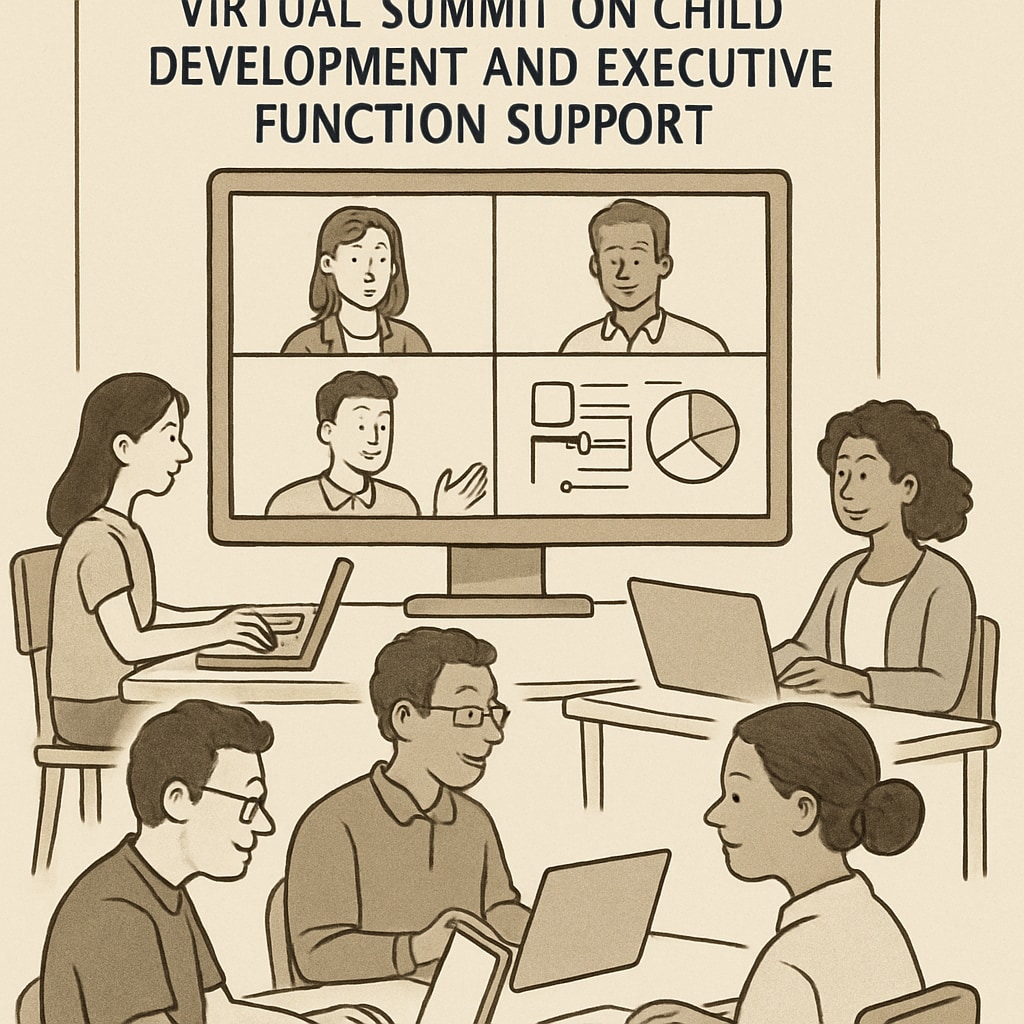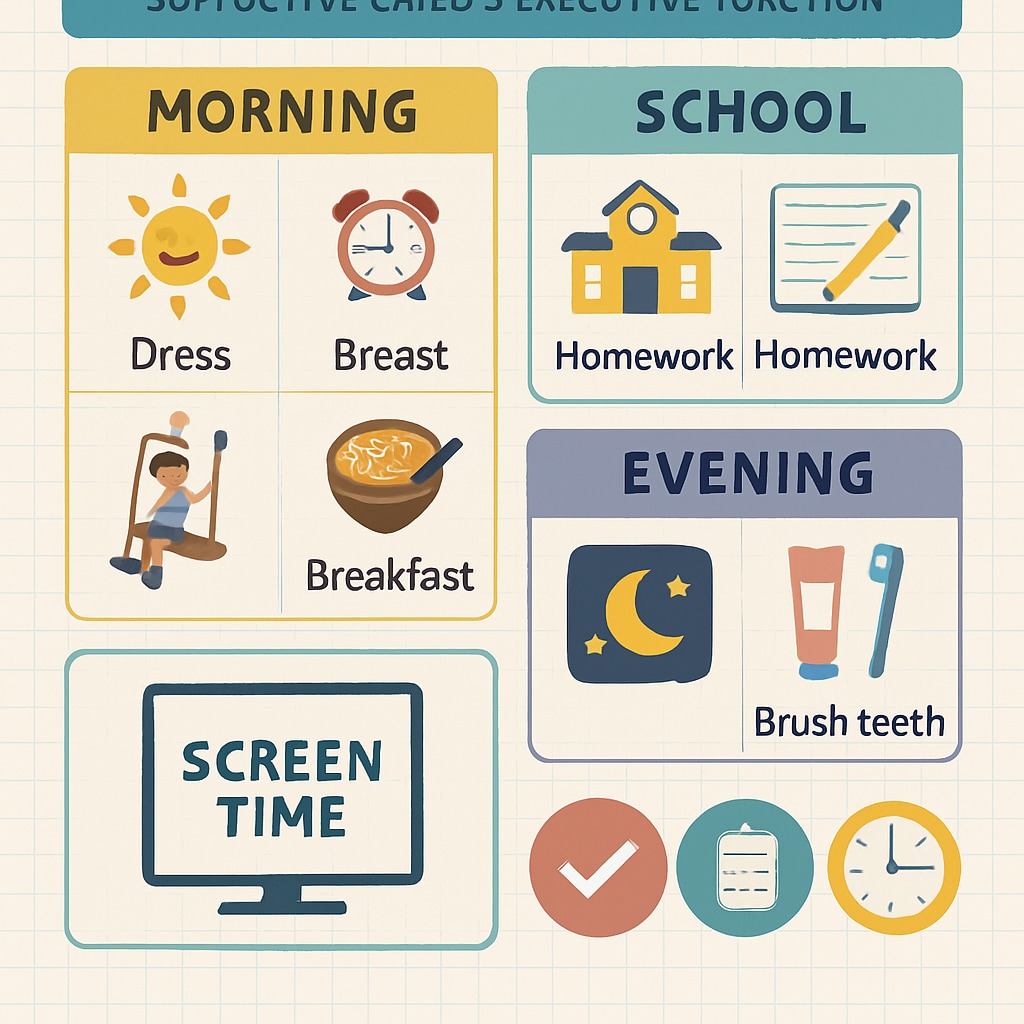Executive function challenges can significantly impact children with conditions like ADHD and autism. These difficulties often manifest as struggles with planning, organization, impulse control, and emotional regulation. Parents navigating these challenges may feel overwhelmed and unsure of how to best support their child. Fortunately, the Executive Function Online Summit (TEFOS) offers comprehensive resources and actionable strategies to empower families. By addressing executive function deficits through targeted guidance and practical tools, parents can help their children transform obstacles into opportunities for development.

Understanding Executive Function Difficulties in Special Needs Children
Executive function refers to a set of cognitive skills that enable individuals to manage their thoughts, actions, and emotions effectively. For children with ADHD or autism, deficits in executive function can lead to challenges in daily life, such as forgetting tasks, difficulty transitioning between activities, or struggling to maintain focus. These issues often affect academic performance, social interactions, and overall independence.
However, understanding the root causes of these difficulties is the first step toward effective intervention. Parents need to recognize that executive function deficits are not a matter of willpower or intelligence but are neurologically driven challenges. TEFOS provides expert insights into these cognitive processes, helping families better understand their child’s needs.
Practical Strategies for Supporting Executive Function
One of the core objectives of TEFOS is to equip parents with practical strategies to address executive function challenges. These techniques often involve breaking tasks into manageable steps, creating visual schedules, and using positive reinforcement to encourage progress. Additionally, fostering emotional regulation is crucial; teaching children coping mechanisms like deep breathing or mindfulness can promote better stress management.
For example, parents can implement checklists for morning routines or homework sessions, helping children stay organized and focused. By gradually building these habits, families can create a stable environment that supports growth and independence. TEFOS offers workshops and sessions dedicated to such actionable approaches, ensuring parents leave with tools they can apply immediately.

Empowering Parents Through Knowledge and Community
In addition to offering strategies, TEFOS emphasizes the importance of parental empowerment. When parents feel confident and equipped to handle their child’s needs, they become a driving force for positive change. The summit provides a supportive community where families can connect, share experiences, and learn from leading experts in child development, psychology, and education.
One unique aspect of TEFOS is its focus on turning challenges into growth opportunities. For instance, instead of viewing disorganization as a failure, parents are encouraged to see it as a chance to teach problem-solving skills. This mindset shift, combined with practical tools, can significantly improve outcomes for children and their families.
Looking Ahead: Building Bridges to Success
Ultimately, the goal of TEFOS is to create an environment where children with special needs can thrive. By addressing executive function deficits with targeted interventions and fostering parental confidence, families can build bridges to success. The summit’s resources are designed to be adaptable, ensuring they meet the diverse needs of children across different ages and developmental stages.
For parents of children with ADHD or autism, the TEFOS summit offers a beacon of hope and a roadmap for transformation. With the right guidance and a supportive community, families can turn executive function challenges into stepping stones for lifelong growth.
Readability guidance: This article uses short paragraphs, clear headings, and actionable advice to maintain accessibility and engagement. Lists and examples are included to summarize key points and offer practical insights.


